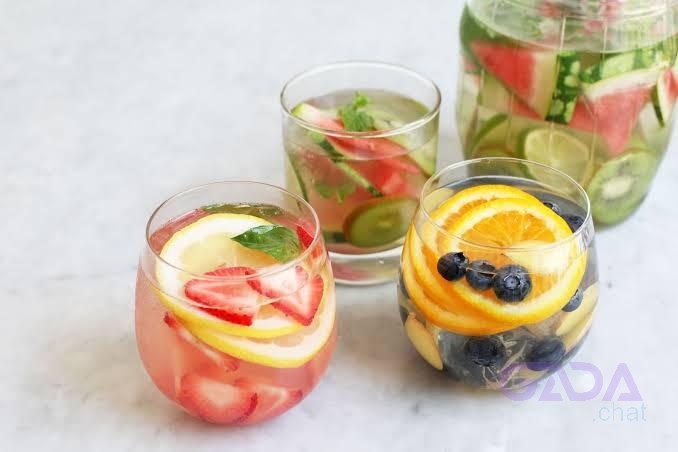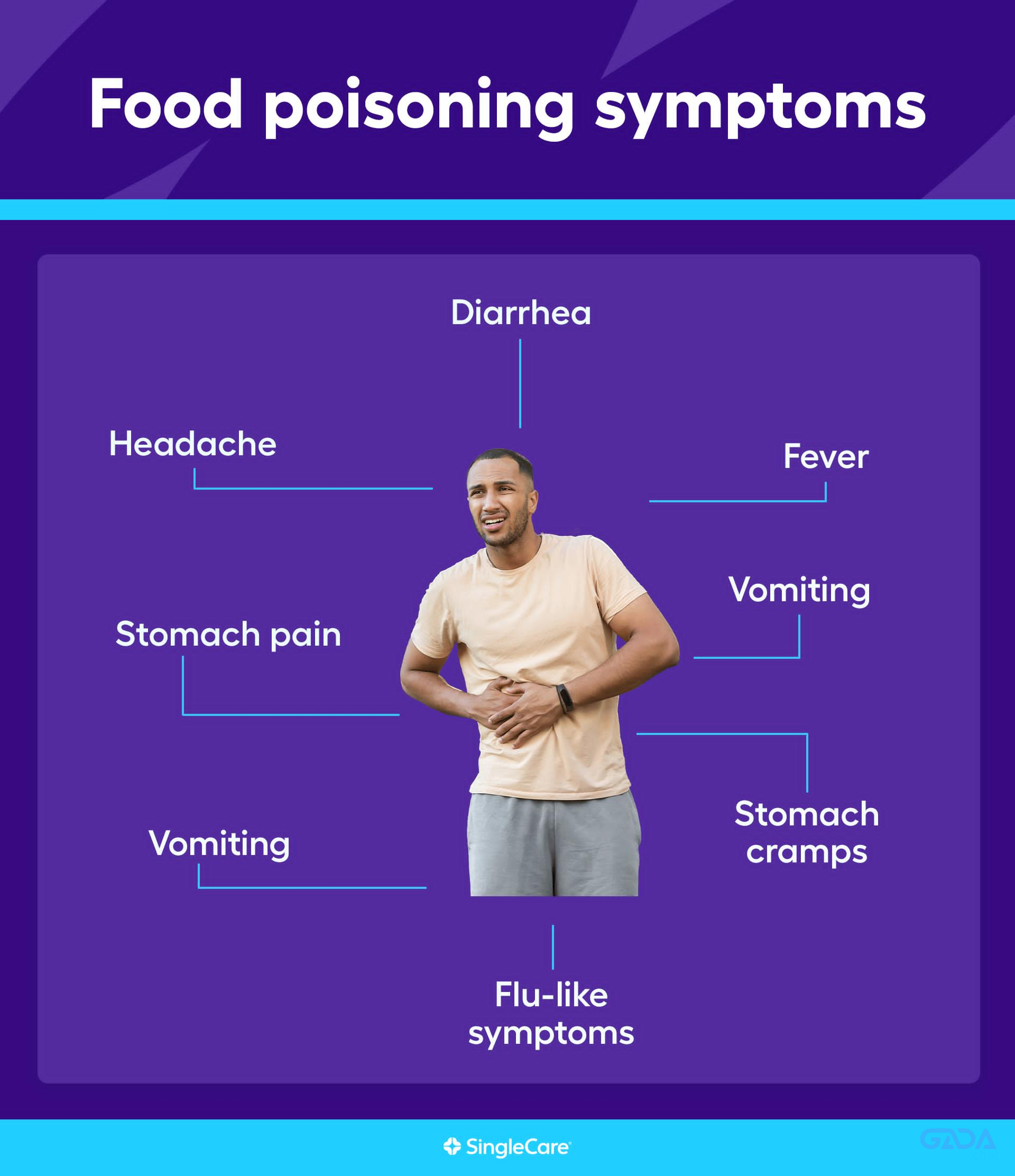* MAN and WATER*
The temperature of water entering the *body determines the life span of a person*.
Medical discovery that shocked the world: *Thirst!* Means pain and premature death?
Author: Dr. F. Bateman
A student of Alexander Fleming-Penicillin discoverer and Nobel laureate, Dr. Bateman devoted his life to the study of the healing properties of water.
*Just two glasses of warm/hot water are all you need to relieve severe abdominal pain caused by stomach ulcers.*
*He cured more than 3,000 patients with only warm water and no medicine.*
*This book summarizes the author's decades of research results.*
*1. He discovered that warm/hot water can heal:*
*1. Heart disease and stroke: Because warm/hot water can dilute the blood, it can effectively prevent cardiovascular and cerebrovascular blockage.*
*2. Osteoporosis: Because warm/hot water can make the growing bones stronger.*
*3. Leukemia and lymphoma: Because warm/hot water can transport oxygen into cells, cancer cells are anaerobic.*
*4. High blood pressure: Because warm/hot water is the best natural diuretic.*
*5. Diabetes: Because warm/hot water can increase the content of tryptophan in the body.*
*6. Insomnia: Because warm water can produce a natural sleep regulating substance - melatonin.*
*7. Depression: Because warm water allows the body to increase the supply of serotonin in a natural way.*
*Second, introduce the method of drinking warm/hot water:*
*1. Drink water, not tea, drink 2~3 liters of water a day, drink it several times, not wait until you are thirsty to drink water.*
*(1) Try to drink plain water instead of carbonated drinks and coffee.*
*(2) Modern people, including most doctors, do not understand how important the role of "water" is in the human body.*
*(3) Drugs can alleviate the condition, but they cannot cure the aging disease of the human body.*
*(4) We will suddenly realize that the cause of many diseases is only the lack of water in the body.*
*(5) The lack of water in the body has caused the disorder of water metabolism, and the physiological disorder has finally led to the occurrence of many diseases.*
*2. Water is the source of life: The reason why people can grow on land is also because there is a complete set of water storage system in the body.*
*(1) This system stores a large amount of water in the human body, accounting for about 75% of body weight.*
*(2) Because of this, people can adapt to temporary water shortage in a short period of time.*
*(3) At the same time, there is a drought management mechanism in the human body: when the human body is short of water, the water stored in the body is strictly allocated, and the most important organs receive sufficient water and the nutrients transported by the water first.*
*(4) In the distribution of water, the brain is in an absolute priority.*
*(5) The brain accounts for 1/50 of the weight of the human body, but it receives 18%-20% of the total blood circulation, and the proportion of water is the same.*
*(6) When the body lacks water, the drought management mechanism must first ensure the vital organs, so other organs will be insufficiently hydrated.*
*(7) At this time, they will send out an alarm signal, indicating that a certain part is short of water.*
*3. The author has been practicing medicine for many years, and often encounters this situation: it is obviously a signal from the body that lacks water, and it is urgent to replenish water; but people use chemicals to deal with these signs of water shortage.*
*Even more unfortunately, this error persists; the physical condition gradually develops and the dehydration becomes more and more complicated.*
*3. Do not drink ice water.*
*1. People pour water at 0°C into their stomach at 37°C, but the urine is hot, which is the temperature of the human body at 37°C.*
*2. Who can turn 0°C ice water into 37°C urine?*
*3. It is the spleen and stomach. After drinking ice-cold drinks, the spleen and stomach cannot stand it, so they draw the human essence (or vital energy) from the "kidney" and turn it into heat to 'cook' it to 37°C. Therefore, usinh up the human essence will make your kidneys weak.*
*4. If you always love iced water, you must have kidney deficiency, which will affect your memory, and will also make you wheelchair-bound in your later years, with weakened bones...*
*※The water temperature sent into your own body determines your lifespan.*
The temperature of water entering the *body determines the life span of a person*.
Medical discovery that shocked the world: *Thirst!* Means pain and premature death?
Author: Dr. F. Bateman
A student of Alexander Fleming-Penicillin discoverer and Nobel laureate, Dr. Bateman devoted his life to the study of the healing properties of water.
*Just two glasses of warm/hot water are all you need to relieve severe abdominal pain caused by stomach ulcers.*
*He cured more than 3,000 patients with only warm water and no medicine.*
*This book summarizes the author's decades of research results.*
*1. He discovered that warm/hot water can heal:*
*1. Heart disease and stroke: Because warm/hot water can dilute the blood, it can effectively prevent cardiovascular and cerebrovascular blockage.*
*2. Osteoporosis: Because warm/hot water can make the growing bones stronger.*
*3. Leukemia and lymphoma: Because warm/hot water can transport oxygen into cells, cancer cells are anaerobic.*
*4. High blood pressure: Because warm/hot water is the best natural diuretic.*
*5. Diabetes: Because warm/hot water can increase the content of tryptophan in the body.*
*6. Insomnia: Because warm water can produce a natural sleep regulating substance - melatonin.*
*7. Depression: Because warm water allows the body to increase the supply of serotonin in a natural way.*
*Second, introduce the method of drinking warm/hot water:*
*1. Drink water, not tea, drink 2~3 liters of water a day, drink it several times, not wait until you are thirsty to drink water.*
*(1) Try to drink plain water instead of carbonated drinks and coffee.*
*(2) Modern people, including most doctors, do not understand how important the role of "water" is in the human body.*
*(3) Drugs can alleviate the condition, but they cannot cure the aging disease of the human body.*
*(4) We will suddenly realize that the cause of many diseases is only the lack of water in the body.*
*(5) The lack of water in the body has caused the disorder of water metabolism, and the physiological disorder has finally led to the occurrence of many diseases.*
*2. Water is the source of life: The reason why people can grow on land is also because there is a complete set of water storage system in the body.*
*(1) This system stores a large amount of water in the human body, accounting for about 75% of body weight.*
*(2) Because of this, people can adapt to temporary water shortage in a short period of time.*
*(3) At the same time, there is a drought management mechanism in the human body: when the human body is short of water, the water stored in the body is strictly allocated, and the most important organs receive sufficient water and the nutrients transported by the water first.*
*(4) In the distribution of water, the brain is in an absolute priority.*
*(5) The brain accounts for 1/50 of the weight of the human body, but it receives 18%-20% of the total blood circulation, and the proportion of water is the same.*
*(6) When the body lacks water, the drought management mechanism must first ensure the vital organs, so other organs will be insufficiently hydrated.*
*(7) At this time, they will send out an alarm signal, indicating that a certain part is short of water.*
*3. The author has been practicing medicine for many years, and often encounters this situation: it is obviously a signal from the body that lacks water, and it is urgent to replenish water; but people use chemicals to deal with these signs of water shortage.*
*Even more unfortunately, this error persists; the physical condition gradually develops and the dehydration becomes more and more complicated.*
*3. Do not drink ice water.*
*1. People pour water at 0°C into their stomach at 37°C, but the urine is hot, which is the temperature of the human body at 37°C.*
*2. Who can turn 0°C ice water into 37°C urine?*
*3. It is the spleen and stomach. After drinking ice-cold drinks, the spleen and stomach cannot stand it, so they draw the human essence (or vital energy) from the "kidney" and turn it into heat to 'cook' it to 37°C. Therefore, usinh up the human essence will make your kidneys weak.*
*4. If you always love iced water, you must have kidney deficiency, which will affect your memory, and will also make you wheelchair-bound in your later years, with weakened bones...*
*※The water temperature sent into your own body determines your lifespan.*
*💦 MAN and WATER*
The temperature of water entering the *body determines the life span of a person*.
Medical discovery that shocked the world: *Thirst!* Means pain and premature death?
Author: Dr. F. Bateman
A student of Alexander Fleming-Penicillin discoverer and Nobel laureate, Dr. Bateman devoted his life to the study of the healing properties of water.
*Just two glasses of warm/hot water are all you need to relieve severe abdominal pain caused by stomach ulcers.*
*He cured more than 3,000 patients with only warm water and no medicine.*
*This book summarizes the author's decades of research results.*
*1. He discovered that warm/hot water can heal:*
*1. Heart disease and stroke: Because warm/hot water can dilute the blood, it can effectively prevent cardiovascular and cerebrovascular blockage.*
*2. Osteoporosis: Because warm/hot water can make the growing bones stronger.*
*3. Leukemia and lymphoma: Because warm/hot water can transport oxygen into cells, cancer cells are anaerobic.*
*4. High blood pressure: Because warm/hot water is the best natural diuretic.*
*5. Diabetes: Because warm/hot water can increase the content of tryptophan in the body.*
*6. Insomnia: Because warm water can produce a natural sleep regulating substance - melatonin.*
*7. Depression: Because warm water allows the body to increase the supply of serotonin in a natural way.*
*Second, introduce the method of drinking warm/hot water:*
*1. Drink water, not tea, drink 2~3 liters of water a day, drink it several times, not wait until you are thirsty to drink water.*
*(1) Try to drink plain water instead of carbonated drinks and coffee.*
*(2) Modern people, including most doctors, do not understand how important the role of "water" is in the human body.*
*(3) Drugs can alleviate the condition, but they cannot cure the aging disease of the human body.*
*(4) We will suddenly realize that the cause of many diseases is only the lack of water in the body.*
*(5) The lack of water in the body has caused the disorder of water metabolism, and the physiological disorder has finally led to the occurrence of many diseases.*
*2. Water is the source of life: The reason why people can grow on land is also because there is a complete set of water storage system in the body.*
*(1) This system stores a large amount of water in the human body, accounting for about 75% of body weight.*
*(2) Because of this, people can adapt to temporary water shortage in a short period of time.*
*(3) At the same time, there is a drought management mechanism in the human body: when the human body is short of water, the water stored in the body is strictly allocated, and the most important organs receive sufficient water and the nutrients transported by the water first.*
*(4) In the distribution of water, the brain is in an absolute priority.*
*(5) The brain accounts for 1/50 of the weight of the human body, but it receives 18%-20% of the total blood circulation, and the proportion of water is the same.*
*(6) When the body lacks water, the drought management mechanism must first ensure the vital organs, so other organs will be insufficiently hydrated.*
*(7) At this time, they will send out an alarm signal, indicating that a certain part is short of water.*
*3. The author has been practicing medicine for many years, and often encounters this situation: it is obviously a signal from the body that lacks water, and it is urgent to replenish water; but people use chemicals to deal with these signs of water shortage.*
*Even more unfortunately, this error persists; the physical condition gradually develops and the dehydration becomes more and more complicated.*
*3. Do not drink ice water.*
*1. People pour water at 0°C into their stomach at 37°C, but the urine is hot, which is the temperature of the human body at 37°C.*
*2. Who can turn 0°C ice water into 37°C urine?*
*3. It is the spleen and stomach. After drinking ice-cold drinks, the spleen and stomach cannot stand it, so they draw the human essence (or vital energy) from the "kidney" and turn it into heat to 'cook' it to 37°C. Therefore, usinh up the human essence will make your kidneys weak.*
*4. If you always love iced water, you must have kidney deficiency, which will affect your memory, and will also make you wheelchair-bound in your later years, with weakened bones...*
*※The water temperature sent into your own body determines your lifespan.🌴*
0 Комментарии
0 Поделились
60 Просмотры








